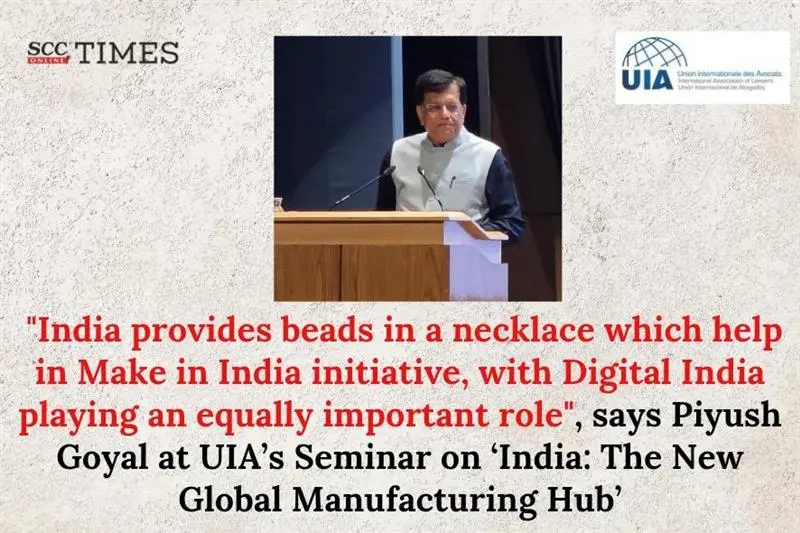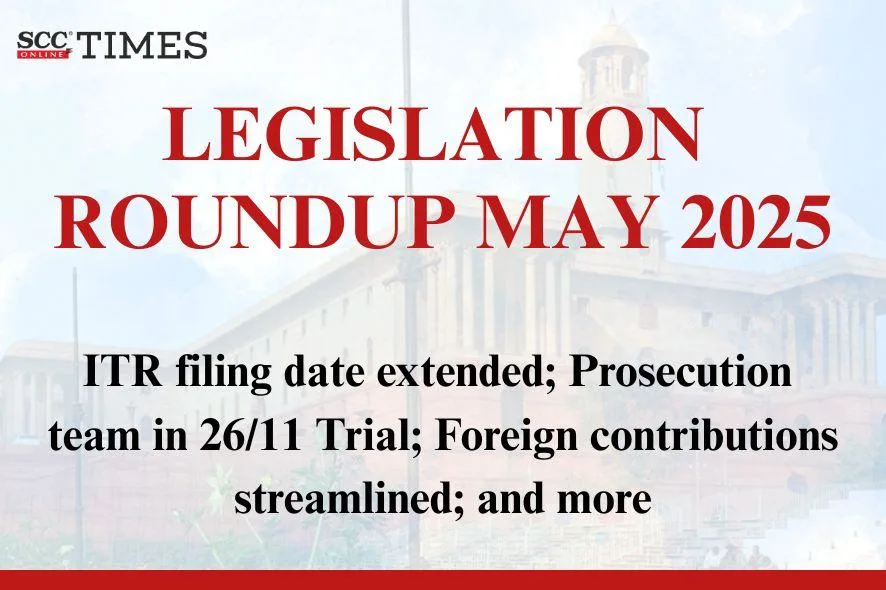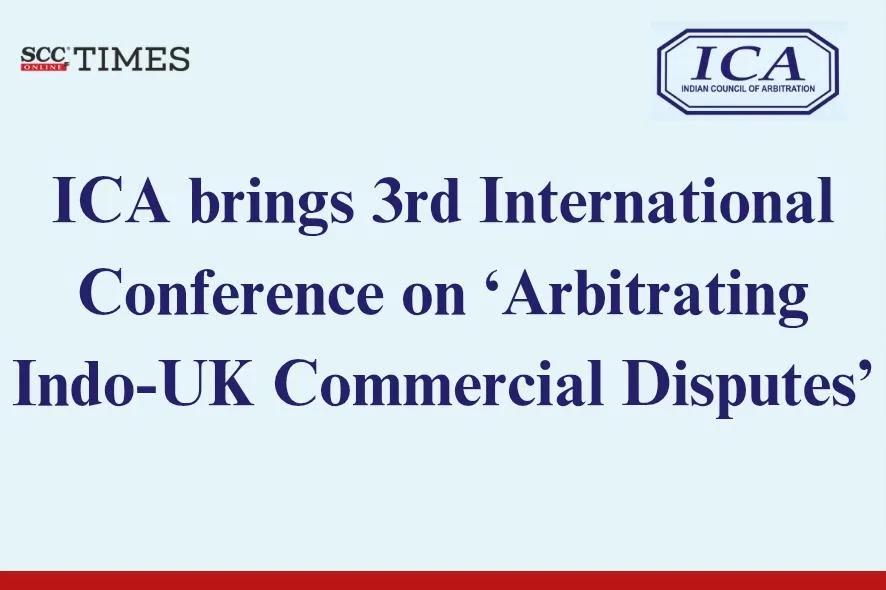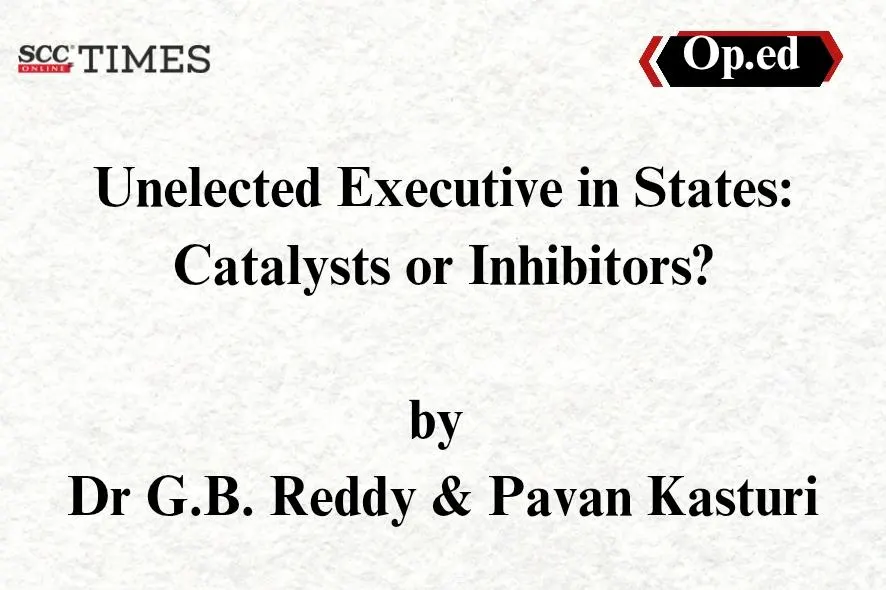The Union Internationale des Avocats (‘UIA’) has organized a two- day seminar on the theme ‘India Ahead: Exploring legal, regulatory and geopolitical updates impacting FDI in the world’s fastest growing economy’. The seminar held at the Delhi International Arbitration Centre (‘DIAC’), Delhi High Court, on 29th and 30th March 2025.
The welcome and opening ceremony was graced by several distinguished luminaries from the legal field. Following the opening ceremony, the plenary session, a keynote speech was delivered by Mr. Piyush Goyal, Minister for Commerce and Industry, Government of India.
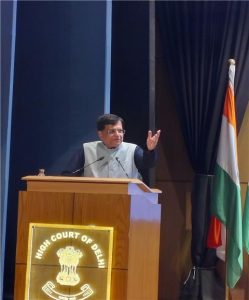
Mr. Piyush Goyal shared a visionary perspective on India’s ambition to become a global manufacturing hub, highlighting the importance of a robust and stable framework for operations, underpinned by predictable policies and a strong legal system. He welcomed the initiative to have distinguished legal minds address issues surrounding the arbitration ecosystem in India, stressing the critical role of international insights in refining the country’s dispute resolution processes.
Reflecting on his own journey, Mr. Goyal reminisced about his time in law college, acknowledging that despite not pursuing a career in law, the analytical skills and lessons learned have significantly influenced his professional life, whether in industry, investment banking, or government. He emphasized that a strong legal framework fosters analytical thinking, which is essential for resolving complex issues and crafting innovative solutions. He expressed concerns over the quality of arbitration, stressing the importance of creating a system that garners confidence from all stakeholders and reduces judicial delays while ensuring fairness.
Mr. Goyal underscored that India’s journey towards becoming a global manufacturing powerhouse would naturally involve disagreements and disputes. A streamlined arbitration system, alongside the efficient functioning of courts, would not only bolster India’s manufacturing capabilities but also enhance its attractiveness as an investment destination. He pointed out that India’s democratic principles, a commitment to the rule of law, and a fiercely independent judiciary are among the key advantages driving the country’s economic growth and its appeal as a global partner. With a youthful population, a thriving talent pool, and a domestic market of 1.4 billion people, India is well-positioned to scale its manufacturing sector. This, coupled with digital advancements, social welfare initiatives, and a fast-growing economy, further strengthens the country’s prospects.
Mr. Goyal highlighted India’s impressive economic growth as the world’s fastest-growing large economy, showcasing its remarkable resilience by doubling its GDP over the past decade. He expressed optimism that India is on track to become the third-largest global economy within the next few years. Mr. Goyal attributed this rapid progress to a series of decisive reforms, a dedicated focus on ease of doing business, and, crucially, the establishment of trust, both domestically and internationally. He illustrated this shift with a notable example of a major German company committing to invest $1.5 billion in India, a testament to the government’s newfound efficiency in facilitating such investments.
“We need to make sure that truly when we attract investments from across the world, they find safety, they find continuity, they find it attractive to invest in India. We need to make sure that in terms of ease of setting up a manufacturing unit, in terms of getting going, we really are inviting as a nation. And therefore, this government has focused on 2 or 3 very important elements which we believe will help us become a global manufacturing company.”
– Piyush Goyal
Mr. Goyal emphasized that trust is at the heart of India’s global aspirations, with initiatives like the Jan Vishwas Act designed to streamline processes, reduce bureaucratic barriers, and foster a more reliable and confident business environment.
He reiterated the government’s commitment to simplifying processes for investors, both domestic and international, and ensuring that India remains a competitive manufacturing destination. He emphasized that the country’s legal reforms, including efforts to modernize colonial-era laws, are integral to creating a contemporary, business-friendly environment. In addition, Mr. Goyal spoke about ongoing efforts to enhance the intellectual property ecosystem, making it more efficient and globally competitive. Technology-driven solutions, he noted, are transforming judicial processes, enabling faster, fairer justice, and positioning India as a hub for arbitration.
Finally, Mr. Goyal called on the legal fraternity to play an essential role in shaping an internationally benchmarked legal landscape that balances investor interests with national priorities. He envisioned a future where India’s dispute resolution mechanisms, particularly in arbitration and mediation, become globally recognized, reducing the need for arbitration in foreign jurisdictions like London or Singapore.
Concluding Mr. Goyal said that through collaboration with the legal community, the government aims to create a regulatory environment that fosters innovation, protects intellectual property, and attracts investment. This, he emphasized, is crucial for propelling India toward its goal of becoming a global manufacturing and services powerhouse. By working together with legal experts, the government is focused on developing a framework that supports sustainable growth, enhances trust, and ensures fair play in the business ecosystem, all of which will contribute to India’s rise as a dominant player on the global stage.


